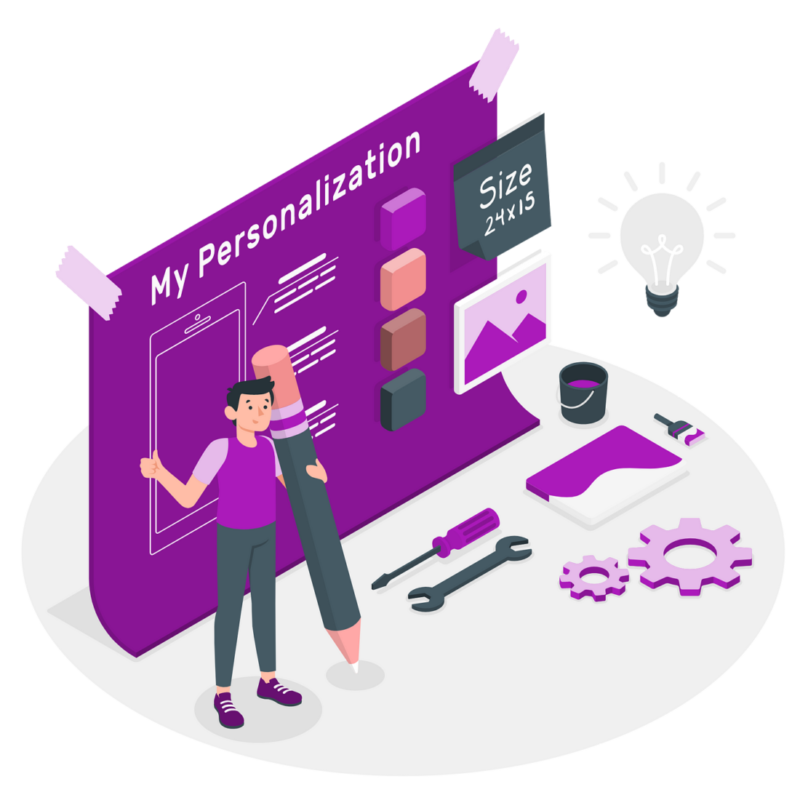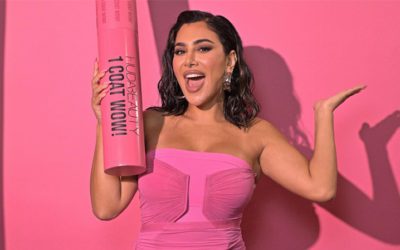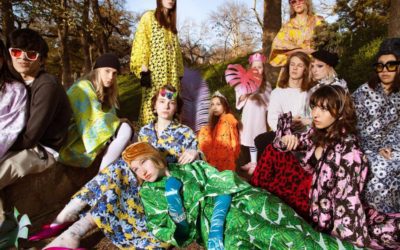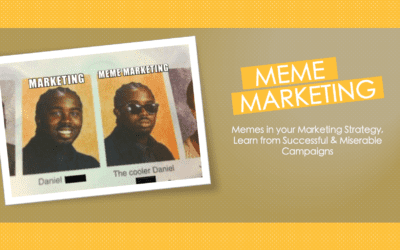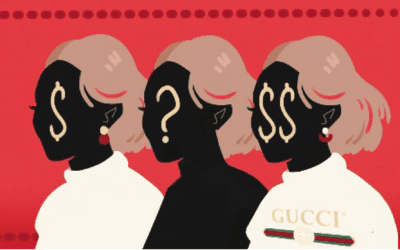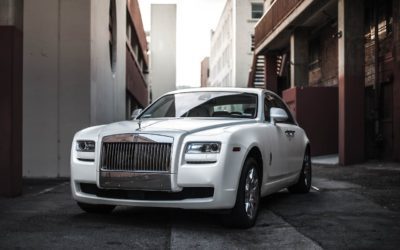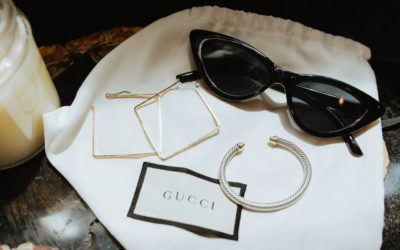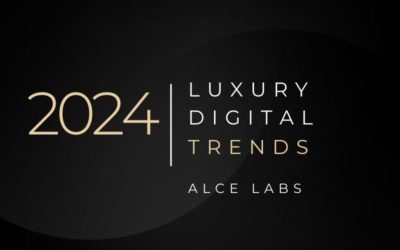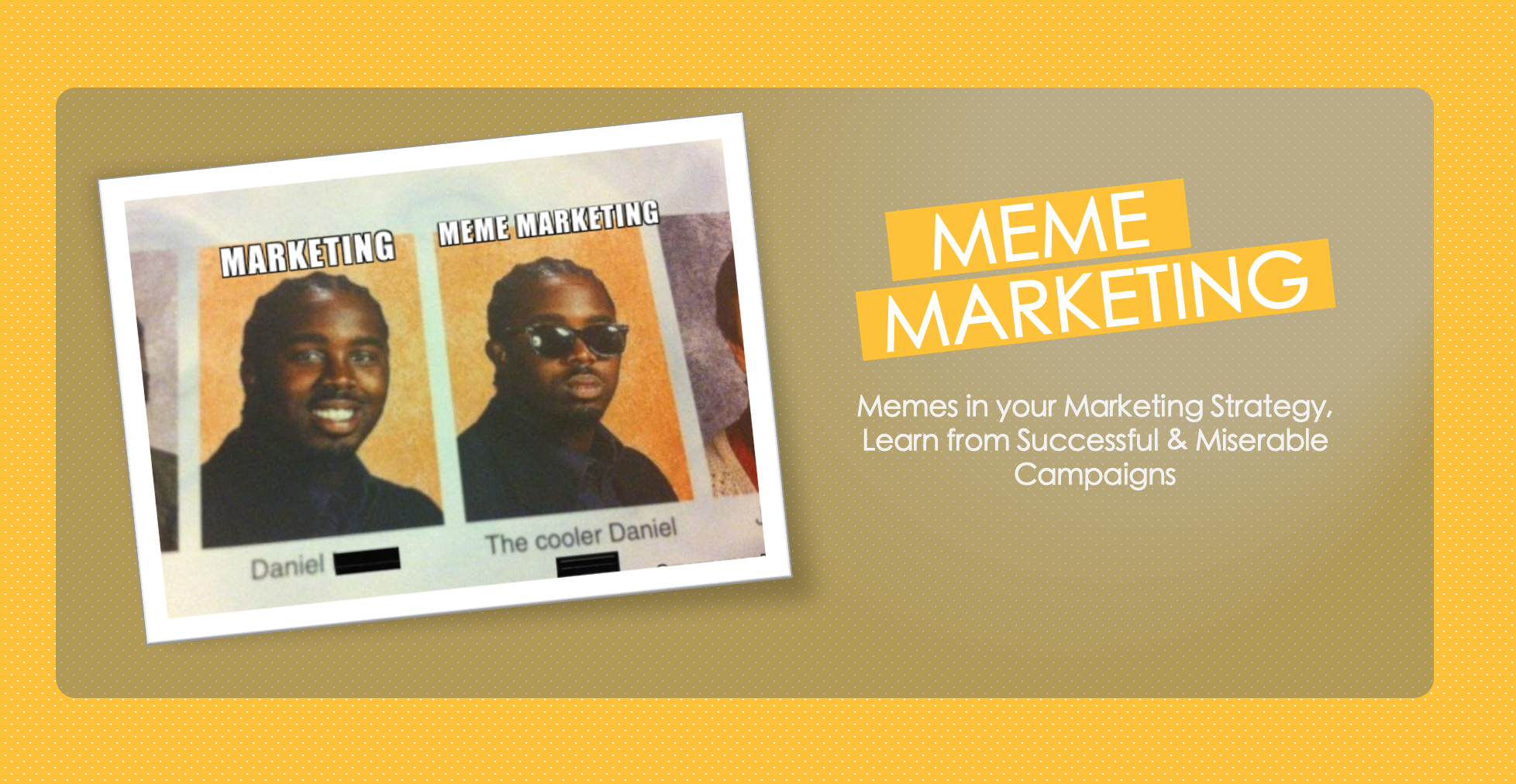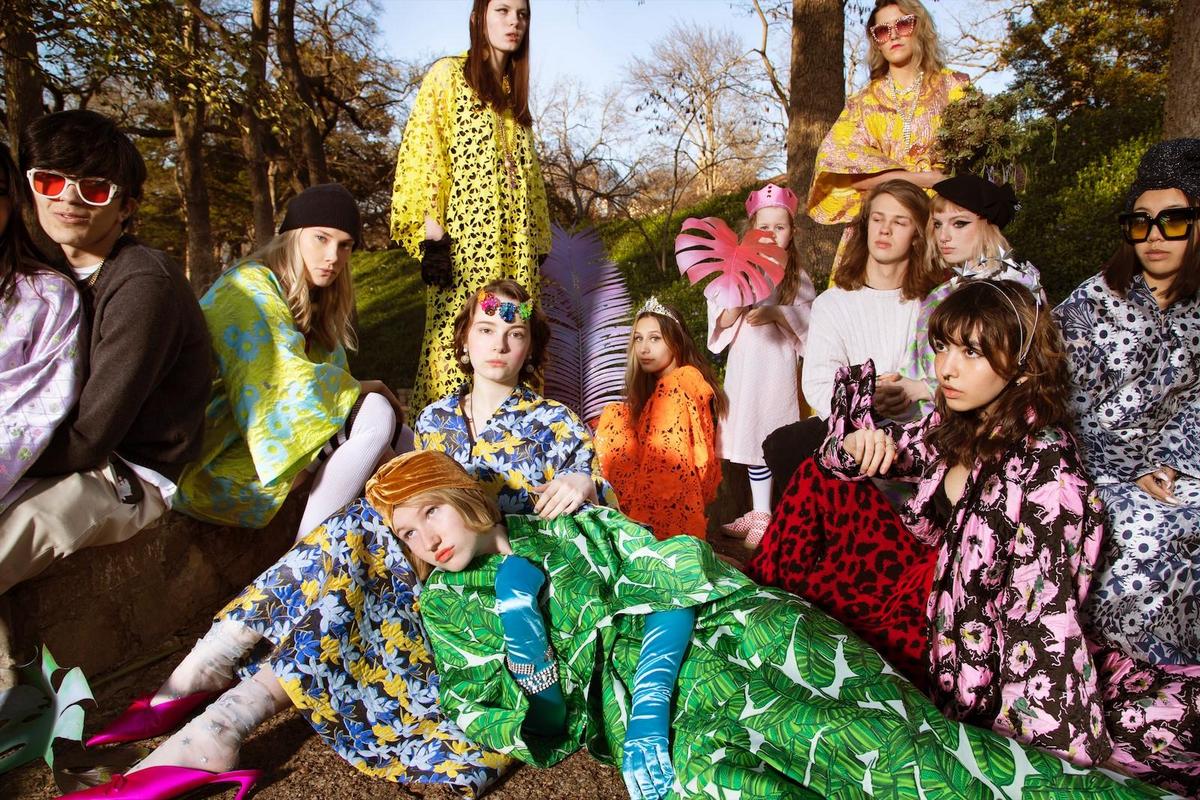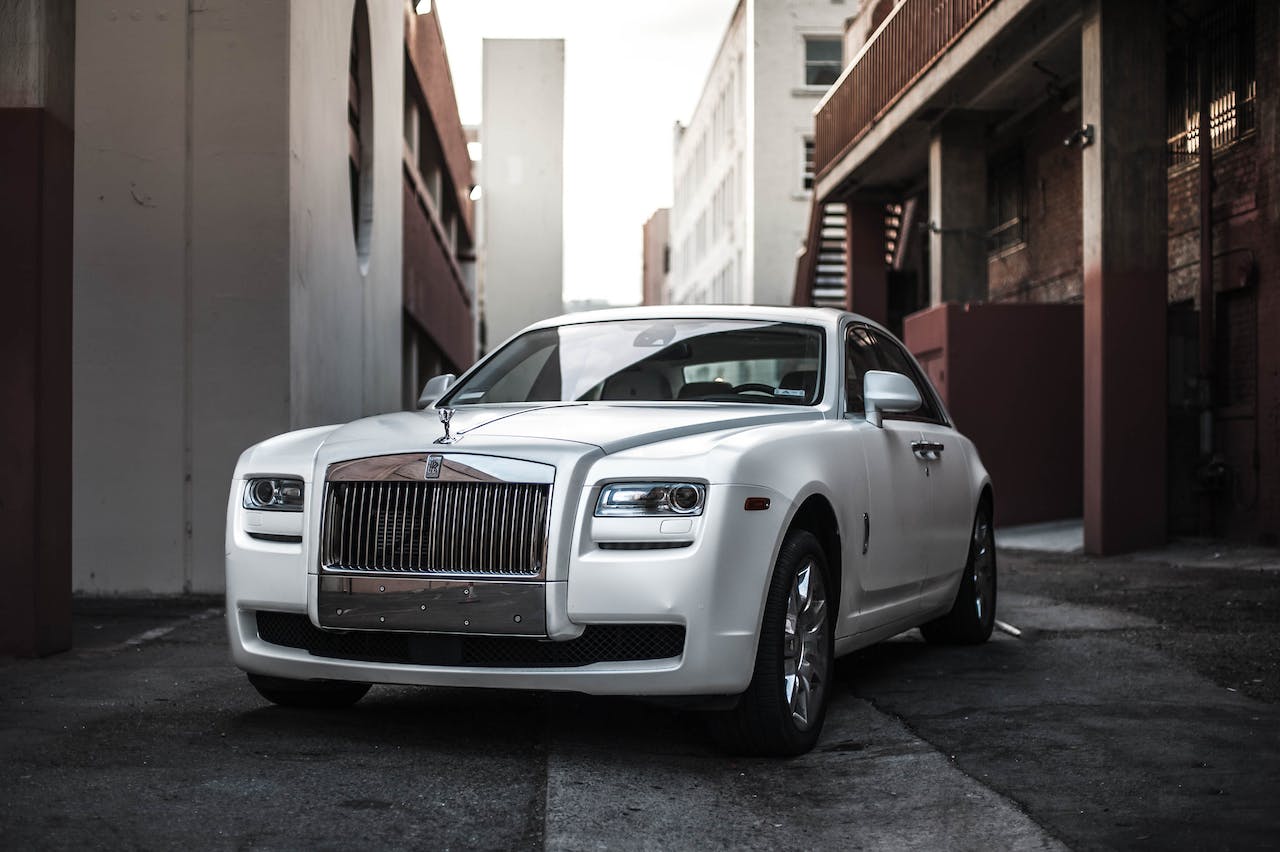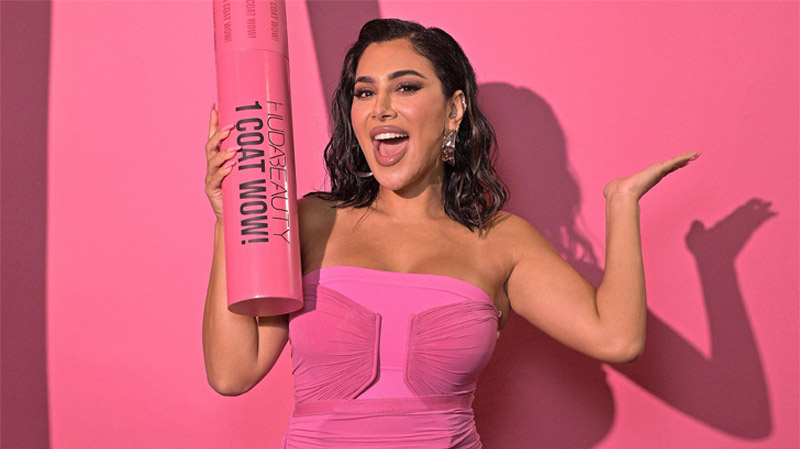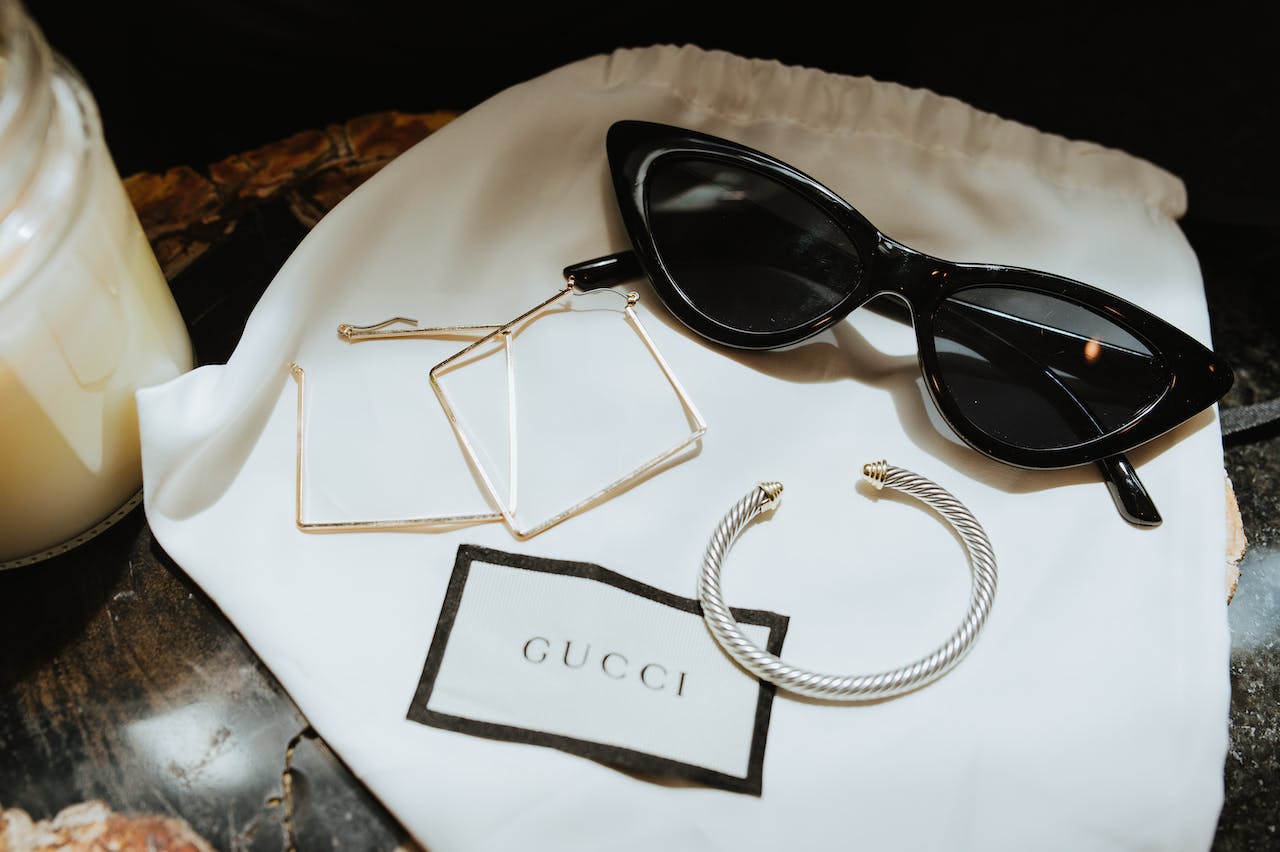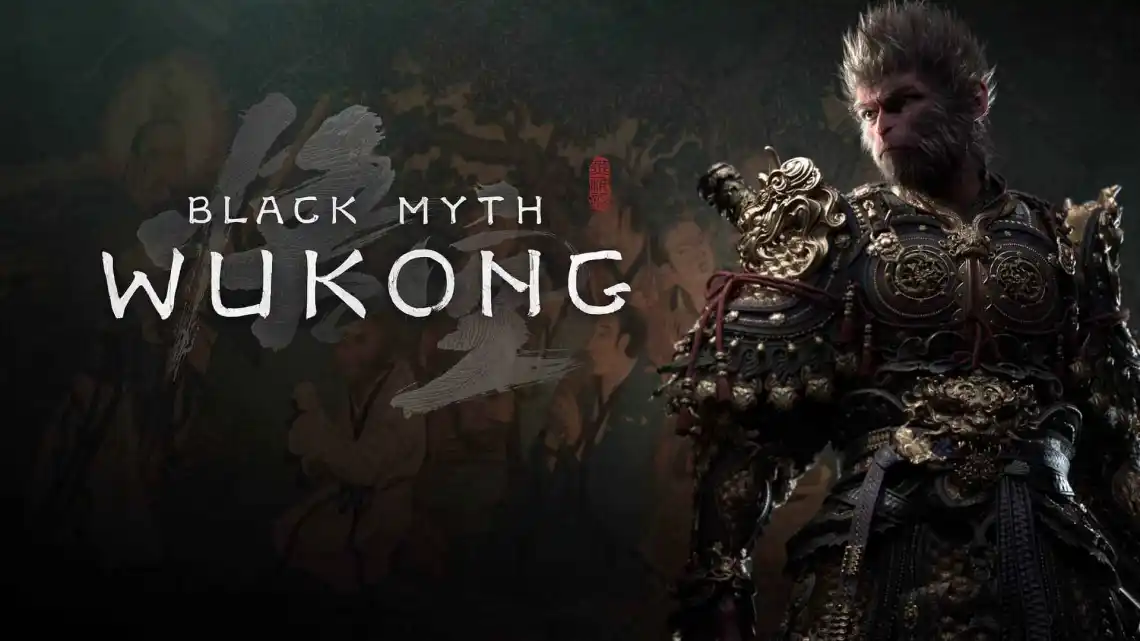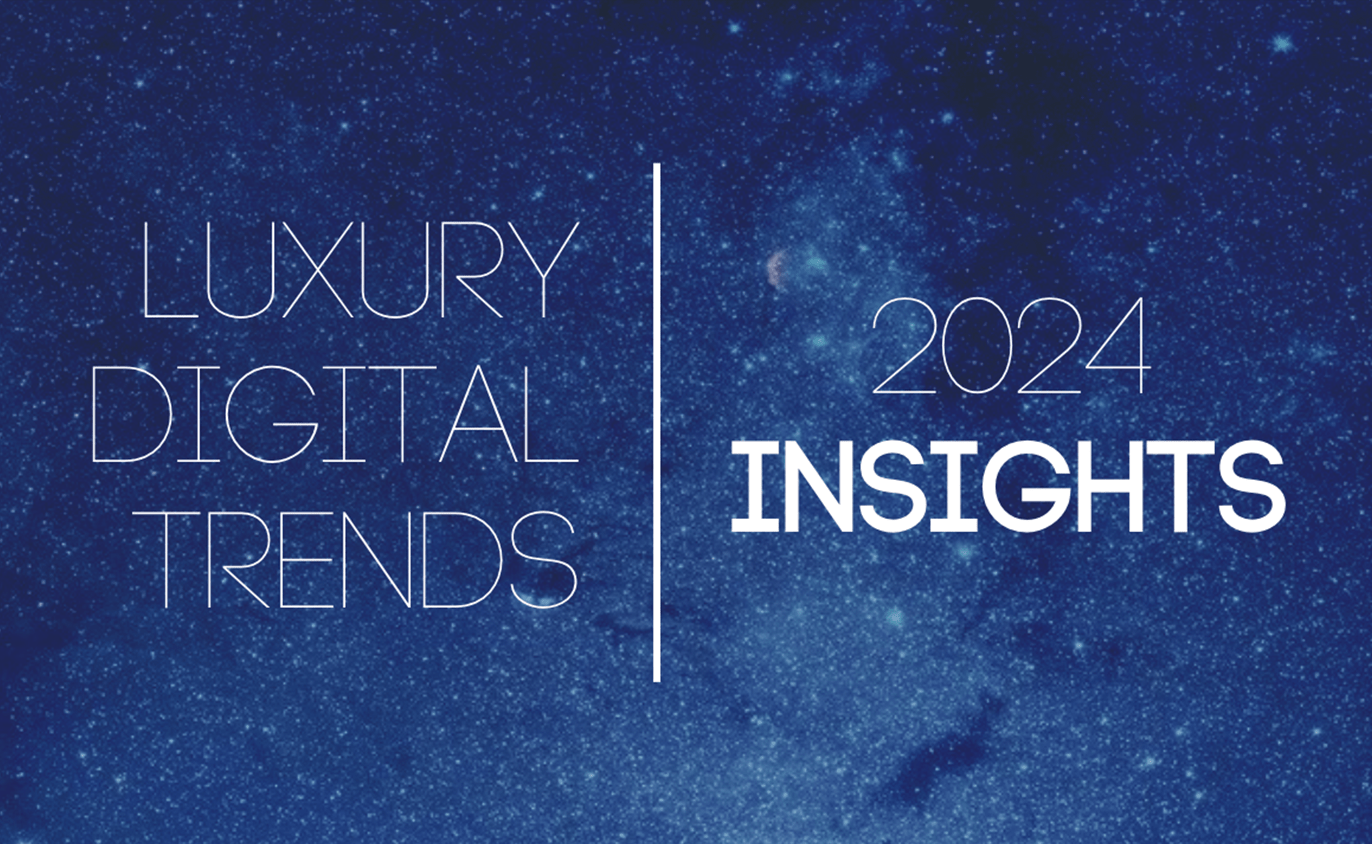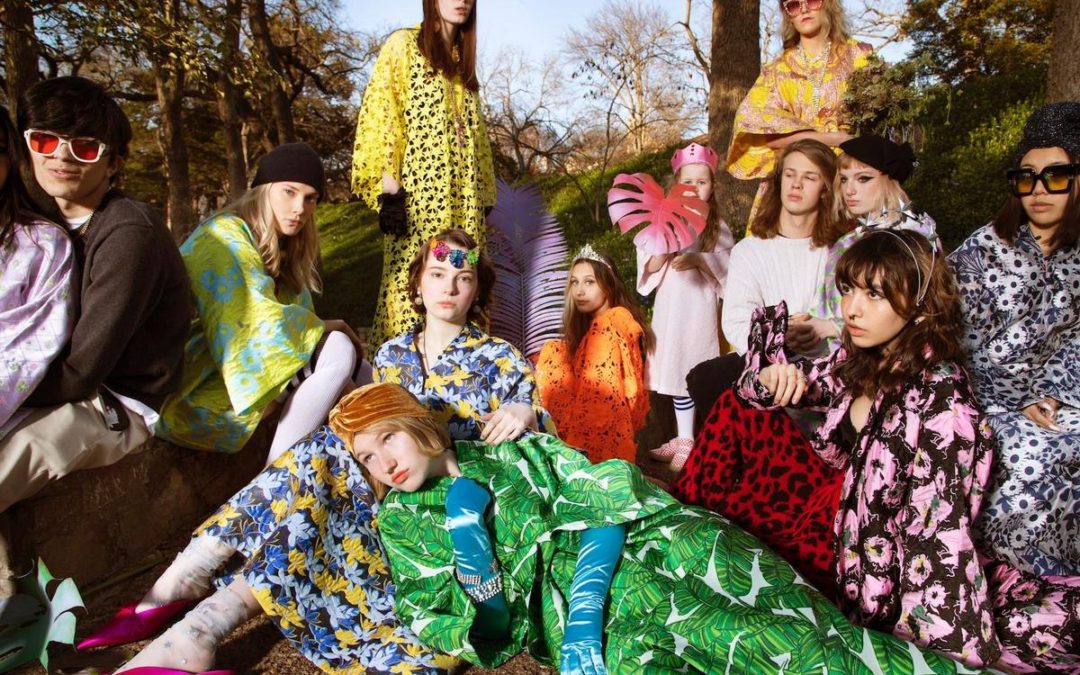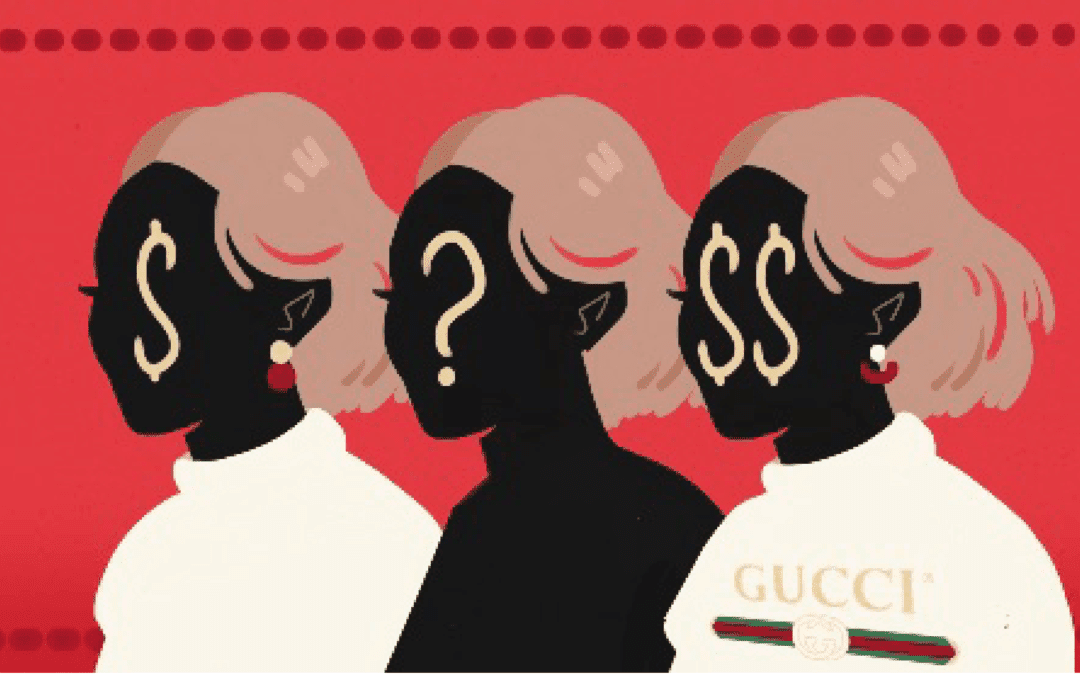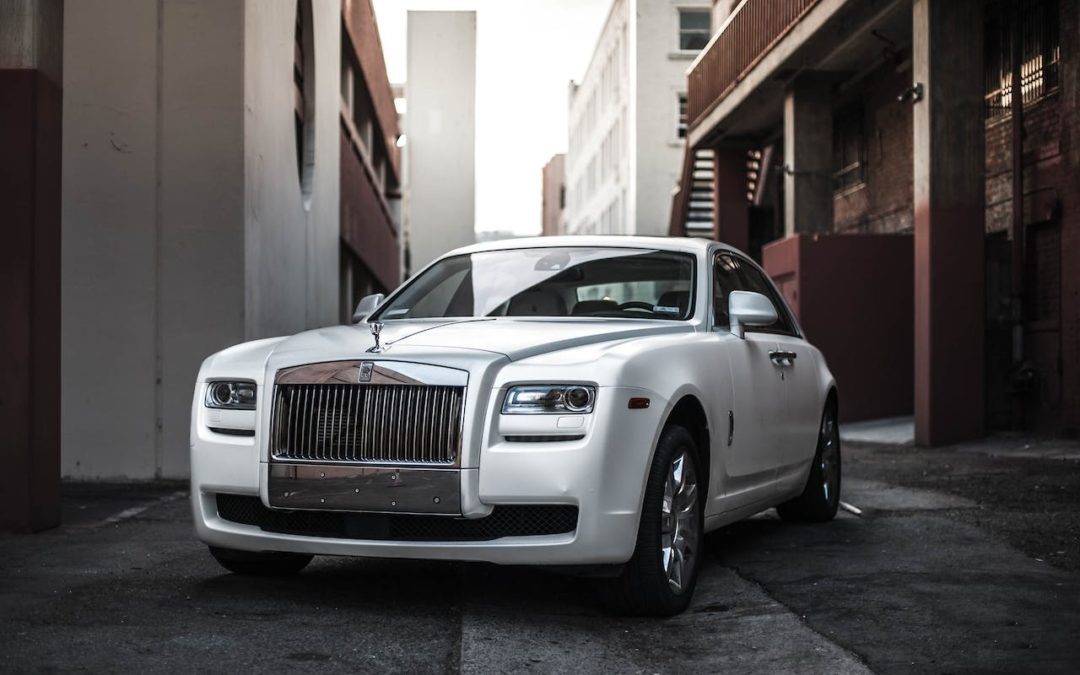Mastering Personalization of Digital Marketing in Luxury with Strategies that Actually Work
Check what’s inside
What inside this article
- The Personalization Paradigm Shift in Luxury: One Size Does Not Fit All
- How Luxury Brands Can Personalize Experiences
- The Power of Personalization in Luxury Marketing: The Secret Sauce in 3 Steps
- How to Overcome Personalization Challenges
- Top 3 Personalization Strategies and Best Practices
- 3 Top Future Trends in Personalization in Luxury
- Personalization in Luxury, the New Mantra
Personalization of Digital Marketing in Luxury
The Personalization Paradigm Shift in Luxury: When One Size No Longer Fits All
Even now, luxury and exclusivity mean a one-size-fits-all approach and it is only personalized by the people over the contact points along the retail customer journey.
But now it has to change because affluent consumers and aspirational luxury consumers are demanding far more personalized luxury brand experiences, tailored to their unique preferences and lifestyles. And let me tell you, the numbers don’t lie.
How Personalization is Transforming the Luxury Industry in Numbers
Based on the Luxury Global Consumer Insights from BCG & AltaGamma, 72% of luxury consumers prefer personalization when interacting with luxury brands and of those, 39% of (older) consumers say personalized treatment in-store is the most important aspect of shopping in person. And since there is a lot of products and ads, 26% say targeted recommendations are really important in digital shopping.
But what exactly is driving this personalization paradigm shift? The answer lies in the rise of the digital-savvy, experience-driven luxury consumer.
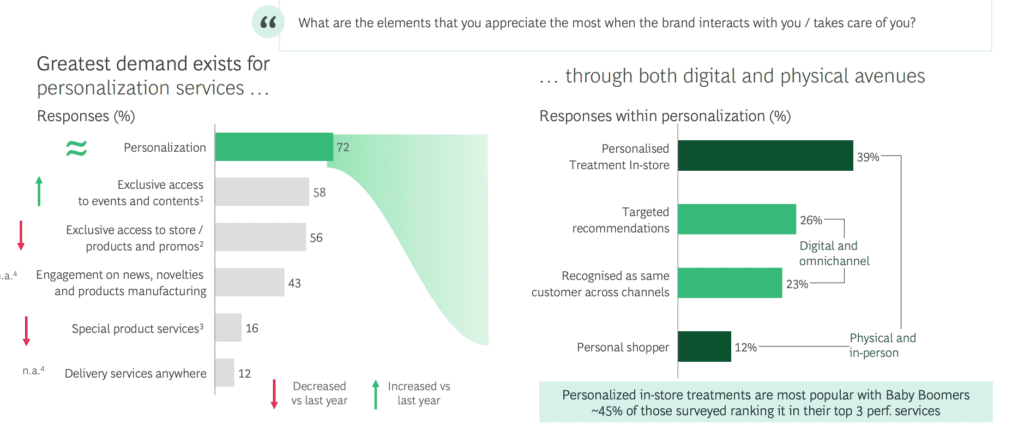
Personalization Preferences in Luxury
How Luxury Brands Can Personalize Experiences
If you are reading this it means you represent a Luxury brand, and your customers are no longer content with generic, cookie-cutter experiences. They expect you to understand their unique preferences, purchase history, and lifestyle choices, and to tailor your offerings accordingly.
From streaming services that recommend personalized content to e-commerce platforms that offer tailored product recommendations, today’s consumers have come to expect a level of personalization that was once unimaginable. And guess what? That expectation has spilled over into the luxury space.
Personalization strategy is the norm NOT a trend anymore
The shift in consumer behavior has been fueled by ever-present digital technologies and personalized experiences now exacerbated by generative AI (Gen AI) across various industries.
Affluent consumers now value personalized recommendations, tailored content, and curated shopping journeys that reflect their interests and purchase history. They want to feel like they’re part of an exclusive club, where every experience is tailored just for them.
Brands like Burberry and Gucci, who have already embraced this trend or strategy with their “Bespoke” and “DIY” personalization initiatives, respectively.
These brands are allowing customers to customize and personalize their products, fostering a deeper emotional connection and a sense of exclusivity that resonates with the modern luxury consumer.
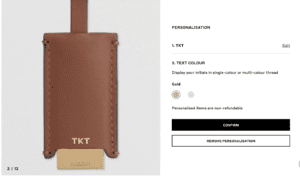
Burberry “Bespoke” Campaign which is ideal for deeper emotional connections
Personalization Insight:
By leveraging data and artificial intelligence (AI), luxury brands can deliver hyper-personalized experiences at scale, catering to the unique needs and preferences of each individual customer. It’s like having a personal shopper, stylist, and concierge all rolled into one – but without the hefty price tag.
The Power of Personalization in Luxury Marketing, the Secret Sauce in 3 Steps
Let’s talk about the game-changing benefits of personalization in luxury marketing. By delivering tailored experiences, brands can:
- Enhance customer loyalty and retention,
- Drive higher conversions and revenue, and
- Create a competitive edge in an increasingly crowded market.
What are the benefits of personalized digital marketing for luxury brands?
1. Enhanced Customer Loyalty and Retention
Personalized experiences foster a deeper emotional connection between luxury brands and their customers. When a brand demonstrates a genuine understanding of an individual’s preferences and tailors its offerings accordingly, it creates a sense of exclusivity and personal touch that resonates with affluent consumers.
This personalized approach not only enhances customer satisfaction but also strengthens brand loyalty and retention. Customers are more likely to remain loyal to brands that consistently deliver experiences that align with their unique needs and desires.
It’s like having a secret handshake with your favorite brand, that makes you feel luxurious.
2. Increased Conversions and Revenue
Personalization has also proven to be a powerful driver of conversions and revenue in the luxury sector. By leveraging data and AI-powered personalization engines, brands can deliver highly relevant product recommendations and tailored content to their customers.
Take, for example, the success of Net-a-Porter’s AI-powered personalization engine. By analyzing customer data and preferences, the platform can offer personalized product recommendations, resulting in a staggering 35% increase in conversion rates.
3. Competitive Edge through Exclusivity
In the highly competitive luxury market, personalization offers a unique opportunity for brands to differentiate themselves and create a competitive edge. By offering exclusive, curated shopping journeys tailored to individual customers, luxury brands can elevate their brand experiences and foster a sense of exclusivity that resonates with affluent consumers.
Like having a secret menu at your favorite restaurant, but for luxury goods.
Personalization Insight:
Personalization in Luxury allows brands to redefine the concept of exclusivity in the digital age, moving beyond traditional notions of scarcity and embracing a more personalized and curated approach to luxury experiences based on recommendations from McKinsey & Company.
How to Overcome Personalization Challenges with Examples
We’ve already mentioned the undeniable benefits of personalization in luxury marketing but let’s go over the challenges and their solutions to successfully implement and scale winning personalization strategies.
Balancing Personalization with Brand Exclusivity
One of the first challenges faced by luxury brands is striking the right balance between personalization and maintaining an aura of exclusivity and prestige (which sometimes opposite concepts). Personalization, if not executed thoughtfully, can potentially dilute the sense of exclusivity that is central to the luxury brand experience.
This dilemma is a limited production of a product or service which in itself may be expensive and can take a long time to release (think about a luxury car or a new signature bag), with added customization.
To address this challenge, brands like Hermès have adopted a measured approach to personalization. For instance, their limited-edition personalized scarves offer a unique and exclusive experience while preserving the brand’s prestigious image.
In China, they paired the scarves with Yoga exercises to set the customers apart (from poor people maybe 🤔).
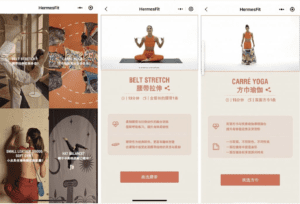
Hermes scarf plays with personalization yes, but also with utilitarian purposes to remind the owner and others (maybe poor people) that they are part of the exclusive club.
Respecting Data Privacy
In an era of heightened data privacy concerns, luxury brands must navigate the delicate balance between delivering relevant, personalized content and respecting their customers’ data privacy preferences. Be more that party guest that is engaging and charismatic without being creepy.
Brands like Cartier have addressed this challenge by implementing transparent data usage policies and providing customers with control over their personal information.
By prioritizing data privacy and transparency, luxury brands can build trust and maintain the exclusivity associated with their brand experiences.
Integrating Online and Offline Customer Data
Delivering seamless, personalized experiences across multiple touchpoints requires luxury brands to integrate customer data from both online and offline channels. Imagine putting together a puzzle but with pieces scattered across multiple rooms.
To be proactive and differentiate, this integration is essential for creating a unified view of each customer’s preferences, purchase history, and interactions with the brand based on recommendation from Deloitte.
Neiman Marcus, for example, has implemented an omnichannel personalization strategy that leverages customer data from its physical stores, e-commerce platform, and mobile app. This approach enables the brand to deliver consistent, personalized experiences across all touchpoints, enhancing the overall customer journey.
Top 3 Personalization Strategies and Best Practices
How can luxury brands personalize their digital marketing efforts?
Since brands must adopt a strategic and data-driven approach, here are some personalization in luxury marketing key strategies and best practices to consider:
1. Data-Driven Personalization
At the core of effective personalization lies the ability to leverage customer data and AI-powered technologies (algorithms to effectively use data). By collecting and analyzing data on customer preferences, purchase history, and behavior, luxury brands can deliver highly tailored experiences through personalized product recommendations, targeted marketing campaigns, and curated content.
Sephora’s “Beauty Insider” program is a prime example of data-driven personalization in action. By leveraging customer data and AI algorithms, the program offers personalized product recommendations, tailored beauty tips, and exclusive rewards, fostering a highly engaging and personalized experience for its customers.
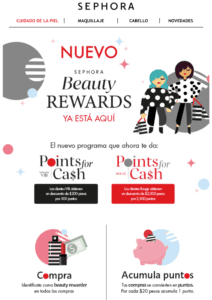
Sephora Beauty Insider Loyalty Program
2. Successful Personalized Digital Campaigns
Luxury brands have already begun to embrace personalization in their digital marketing campaigns, delivering exceptional results. Louis Vuitton’s “My LV World Tour” campaign, for instance, leveraged personalized social media content and interactive experiences, resulting in a 65% increase in social media engagement. according to Forrester Research in its paper “Personalization in Luxury Retail.”
Another noteworthy example is Chanel’s personalized in-store and online integration. By seamlessly connecting hybrid strategies like physical and digital shopping experiences, Chanel enables customers to explore and personalize products both in-store and online, creating a cohesive and tailored customer journey.
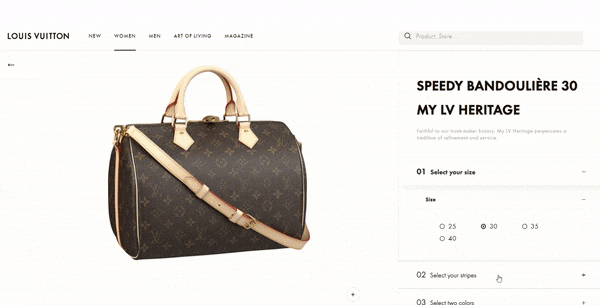
Louis Vuitton Customizer for Personalization
3. Seamless Personalized Omnichannel Experiences
Since we have a connected and saturated world, you have to also forget a bit about data and algorithms… luxury consumers expect personalized experiences that unify the messages given in individual channels and touchpoints and of course, cut through the noise.
Shiseido in Japan and Chanel’s personalized in-store and online integration exemplify this approach, enabling customers to explore and personalize products seamlessly across physical and digital channels.
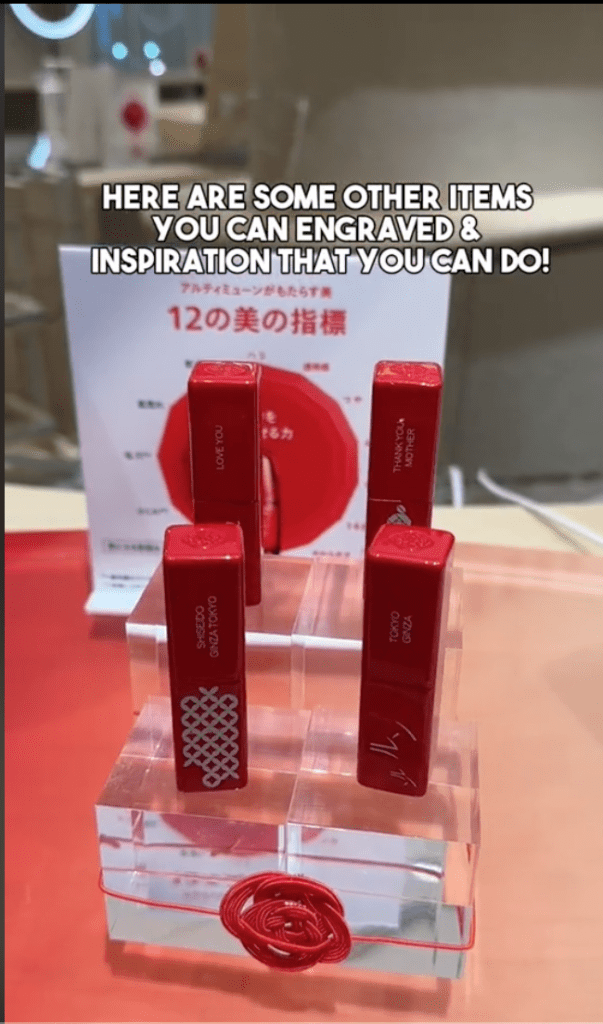
Shiseido Luxury Personalization in Japan | Credit: @adrianwidjy
Personalization Insight:
To meet the personalization expectation, brands must aim to create seamless, personalized omnichannel experiences that unify messages and deliver consistent and tailored interactions across all platforms.
3 Top Future Trends in Personalization in Luxury
1. Emerging Trends: Web3, Metaverse, and Predictive Personalization
The emergence of Web3 and the metaverse presents exciting opportunities for luxury brands to explore new frontiers of personalization. Balenciaga, for instance, has ventured into the realm of virtual worlds and NFT personalization, catering to the growing demand for digital luxury experiences.
Additionally, advancements in AI and Machine Learning (ML) are paving the way for predictive personalization, enabling brands to anticipate customer needs and preferences before they are explicitly expressed.
This proactive approach to personalization has the potential to revolutionize the luxury experience by delivering highly tailored and intuitive experiences.
The challenge is to have accessible unified data across al geographies and along your customer journey to really have predictive personalization and differentiate your brand.
2. Investing in Advanced Personalization Capabilities
As personalization becomes increasingly crucial for competitive differentiation, luxury brands must be willing to invest in advanced personalization technologies and capabilities. This may involve acquiring personalization tech startups, as exemplified by LVMH’s strategic acquisitions in this space.
Justifying such investments requires a clear understanding of the long-term benefits of personalization, including:
- Increased Customer Loyalty,
- Revenue Growth, and
- Brand Equity (brand value).
3. Balancing Innovation with Brand Heritage
While embracing innovation is essential, luxury brands must also carefully balance their personalization strategies with their core brand values and heritage. Personalization should enhance, rather than dilute, the essence of what makes a luxury brand truly exceptional.
Following the recommendations from Gartner By preserving their brand’s unique identity and storytelling while delivering personalized experiences, luxury brands can maintain their prestigious image and foster deeper emotional connections with their customers.
Personalization in Luxury, the New Mantra
Wrapping up these bits of wisdom 🫡…
In the digital age, personalization has emerged as the new hallmark of luxury brand experiences.
By delivering tailored, curated journeys that resonate with individual preferences and lifestyles, luxury brands can enhance customer loyalty, drive higher conversions, and create a competitive edge that can set your brand apart from the others.
But let’s be real, mastering personalization in luxury marketing requires a strategic and data-driven approach, coupled with a deep understanding of the unique challenges and opportunities in this space. From balancing personalization with brand exclusivity to respecting data privacy and integrating online and offline customer data, luxury brands must navigate a complex landscape.
“Luxury must be comfortable, otherwise it is not luxury.” – Coco Chanel
So what should you do with the evolving personalization technologies?
Embrace innovation while preserving core brand values, authenticity, and heritage.
Luxury brands that successfully strike this balance and invest in advanced personalization capabilities will be well-positioned to deliver exceptional, personalized experiences that captivate and delight their discerning clientele.
In the words of Coco Chanel, “Luxury must be comfortable, otherwise it is not luxury.” In the digital age, personalization is the key to achieving this comfort and elevating luxury brand experiences to new heights.
Personalization of Digital Marketing in Luxury
Know what to do but not sure where to start?
You are in the right place! Let’s chat about how you can achieve your goals quickly and easily with proven strategies that we have applied in international companies and startups.

